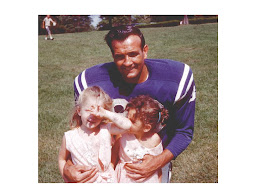Listen carefully-I have an important secret to reveal (we as physicians often hold our medical wizardly very close to the chest so this may be a rare opportunity). One inescapable fact of life is that ultimately we all die. It is the final outcome for us and for all our patients. Of course, neither I nor other physicians need be fatalistic-there is much we can do to help our patients live long, happy and healthy lives BUT we do always have to keep this basic tenet in mind. It is as basic a medical principle as those of circulation, respiration, and digestion which most second graders have mastered.
So why have we, as Americans in 2010-2011 decided there is some crazy taboo about discussing end of life issues with our patients? During the recent Health Reform Debate, this topic became politicized as "death panels" (bipartisan debunked by PolitiFact). Then just last week, the subject was again stirred up by inflammatory headlines such as The Hill's:
Medicare chief: Keep gov't out of end-of-life care planning
- 02/09/11 12:55 PM ET
It is rare that someone feels it is a "right time to die" and no wants to be cheated (for themselves or their loved ones) of a treatment that could allow them to live for a day/week/year/decade. However, I also believe that no one wants to be kept ignorant of critical health decisions or to suffer needlessly because hopeless treatments are administered. On one level, the politicians got it right-we need to take politics out of death-but that doesn't mean we can ignore reality.


No comments:
Post a Comment